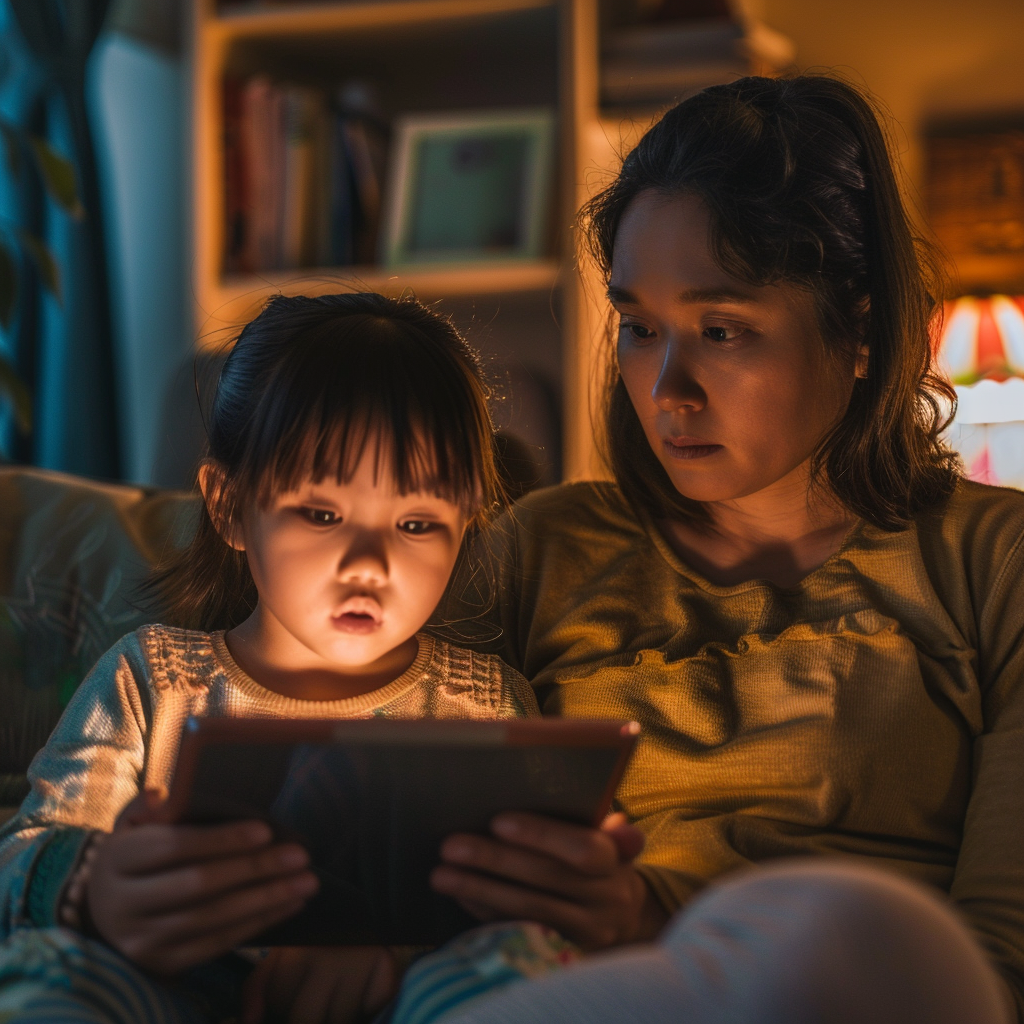"Is Screen Time Bad for Kids? The Facts"

Screen Time for Kids: Balancing Technology in a Digital World
In today’s digital age, screen time is an inevitable part of childhood. From educational apps to entertaining videos, children are exposed to screens more than ever before. As a parent, it’s natural to wonder about the effects of screen time on child development and how to set healthy screen time limits.
This comprehensive guide will help you navigate the complex world of screen time for kids, offering evidence-based information, practical tips, and strategies for finding a balance between technology and other essential activities.
Understanding Screen Time and Its Impact
Screen time encompasses any time spent using a device with a screen, including:
- Watching TV or movies: While some educational shows can be beneficial, excessive passive viewing can hinder language and social development.
- Playing video games: While some games can be educational, violent or addictive games can lead to behavioral issues and attention problems.
- Using tablets or smartphones: Excessive use can interfere with sleep, physical activity, and face-to-face interactions.
Navigating Screen Time Recommendations for Kids
The American Academy of Pediatrics (AAP) offers screen time guidelines based on age:
- Under 18 months: Avoid screen media other than video chatting.
- 18-24 months: Choose high-quality programming and co-view with your child.
- 2-5 years: Limit screen time to 1 hour per day of high-quality programs.
- 6+ years: Place consistent limits on media time and ensure it doesn’t replace sleep, physical activity, or other essential behaviors.
Addressing Concerns: Is Screen Time Bad for Kids?
Excessive screen time can have detrimental effects on children, including:
- Sleep problems: Blue light from screens can disrupt sleep patterns.
- Behavioral issues: Children may become irritable or aggressive if their screen time is abruptly taken away.
- Obesity: Sedentary screen time can contribute to weight gain.
- Attention problems: Excessive screen time has been linked to difficulty focusing and maintaining attention.
Strategies for Managing Screen Time
- Create a family media plan: Collaboratively decide on daily or weekly screen time limits, screen-free zones (like bedrooms), and designated screen-free times (like mealtimes).
- Choose quality content: Prioritize educational apps, games, and shows that encourage learning and creativity.
- Co-view with your child: Engage in conversations about what you’re watching and help them understand the content.
- Encourage other activities: Promote reading, outdoor play, arts and crafts, or family game nights as alternatives to screen time.
- Lead by example: Limit your own screen time and model healthy technology habits.
Finding the Balance: Screen Time Solutions
The key to managing screen time isn’t eliminating it entirely, but finding a healthy balance. By implementing these strategies, you can help your child develop a positive relationship with technology while prioritizing their overall well-being.
Remember, as a parent, you play a crucial role in guiding your child’s screen time habits. By setting clear expectations, providing alternative activities, and being a positive role model, you can empower your child to navigate the digital world in a healthy and balanced way.